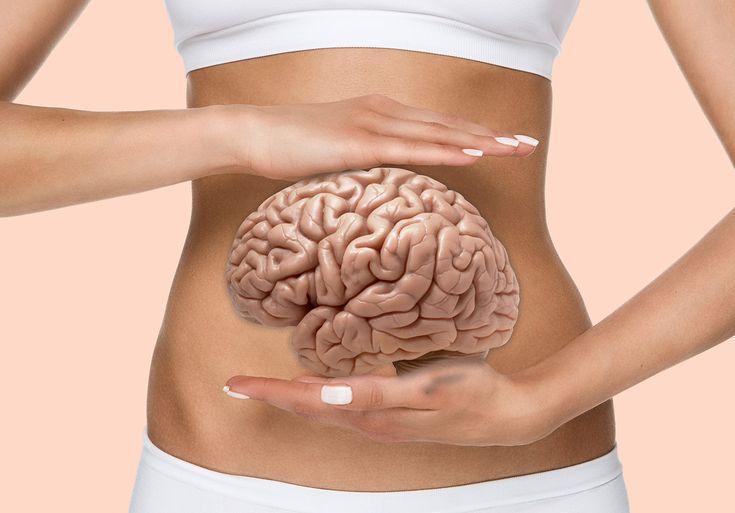The Gut-Brain Connection: How Your Microbiome Affects Mental Health
The Gut-Brain Connection: How Your Microbiome Affects Mental Health
In recent years, scientists and health professionals have turned their attention to a surprising yet powerful factor in mental well-being: the gut. Often referred to as the "second brain," the gut houses trillions of bacteria and other microorganisms that make up the human microbiome. Emerging research suggests that the state of your gut health may significantly influence your mood, behavior, and even your risk for mental health disorders like anxiety and depression.
What Is the Gut-Brain Axis?
The gut-brain axis is a complex communication network that links your gastrointestinal system to your central nervous system. This bidirectional pathway allows the brain and the gut to send signals to each other through nerves (such as the vagus nerve), hormones, and immune system molecules. The microbiome—composed of bacteria, viruses, fungi, and other microbes—plays a key role in this dialogue.
When the gut is healthy and balanced, it can support better brain function. However, when the gut microbiome is out of balance (a condition known as dysbiosis), it may contribute to inflammation, disrupted neurotransmitter production, and increased vulnerability to stress.
The Role of Gut Bacteria in Mental Health
Certain gut bacteria help produce and regulate neurotransmitters that are vital for mood and mental clarity. For example:
- Serotonin, often called the "feel-good" chemical, is largely produced in the gut. In fact, about 90% of the body's serotonin is made in the digestive tract.
- GABA (gamma-aminobutyric acid), a calming neurotransmitter, is influenced by the presence of certain probiotic strains like Lactobacillus and Bifidobacterium.
- Dopamine, which affects motivation and pleasure, also has links to gut health.
When the microbiome is diverse and thriving, it supports the optimal production of these chemicals, helping to stabilize mood and reduce anxiety.
Evidence Linking Gut Health to Anxiety and Depression
Numerous studies have found that individuals with anxiety and depression often exhibit signs of gut dysbiosis. Animal studies have shown that transplanting the microbiome from anxious or depressed individuals into healthy animals can induce symptoms of anxiety and depression in the recipients.
In human trials, supplementation with specific probiotics—often referred to as "psychobiotics"—has been shown to improve mood and reduce symptoms of stress. For example, one study found that participants who consumed Lactobacillus helveticus and Bifidobacterium longum experienced lower levels of anxiety and cortisol, a stress hormone.
Improving Your Gut for Better Mental Health
Supporting your microbiome doesn’t require drastic measures. Small, consistent changes to your diet and lifestyle can make a big difference:
- Eat a diverse, fiber-rich diet: Plant-based foods, legumes, fruits, vegetables, and whole grains feed beneficial gut bacteria.
- Include fermented foods: Yogurt, kefir, sauerkraut, kimchi, miso, and kombucha are rich in probiotics.
- Avoid excessive antibiotics: While sometimes necessary, antibiotics can wipe out good bacteria along with the bad.
- Manage stress: Chronic stress can alter gut bacteria, so practices like meditation, yoga, or deep breathing can be helpful.
- Consider probiotics and prebiotics: High-quality supplements can help restore balance, especially during or after illness, travel, or dietary changes.
The Future of Mental Health May Begin in the Gut
As our understanding of the gut-brain connection deepens, it becomes clear that mental health is not just a matter of brain chemistry—it's also deeply tied to our physical health, particularly in the digestive system. By nurturing the gut microbiome, we may open new doors to preventing and treating mental health issues naturally and holistically.
While more research is still needed, one thing is evident: taking care of your gut is one of the most accessible and effective ways to support emotional resilience and overall well-being.
Be the first to post a message!
